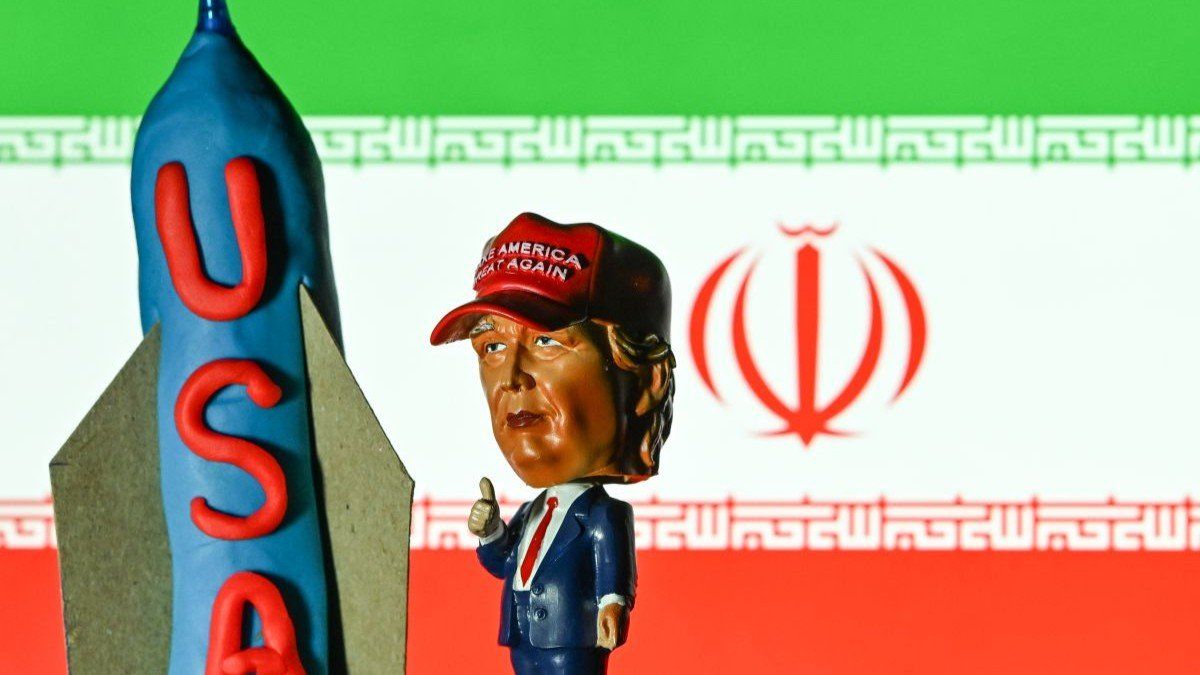Trump gives himself, and Iran, two weeks
US President Donald Trump said Thursday that he will decide whether to bomb Iran’s nuclear facilities “in the next two weeks,” a move that re-opens the door to negotiations, but also gives the US more time to position military forces for an operation (and the expected retaliation). Speaking of negotiations, European leaders were reportedly set to meet with Iranian officials in Geneva today to explore a diplomatic solution to the crisis. Meanwhile the war itself rages on: Tehran struck a hospital in Be’er Sheva in southern Israel on Thursday, while Israeli forces bombed the unfinished nuclear power plant at Arak and struck industrial targets in Northern Iran. And Tehran is now rushing to export as much oil as possible as fears grow that the war could result in closure of the Strait of Hormuz. Iran’s biggest oil customer? China.
Court clears Trump’s control of California National Guard
A federal appeals court ruled Thursday that Trump acted legally when he took control of the California National Guard despite objections from the state’s governor. The decision overturns a lower court ruling from last week. Trump “federalized” the National Guard to quell protests and riots against his hardline immigration enforcement. The LA unrest has calmed – Mayor Karen Bass rescinded a curfew on Tuesday – but the court’s ruling sets a precedent Trump can point to in future protests against immigration or other aspects of federal policy.
Rwanda’s opposition leader arrested
Rwandan authorities arrested prominent opposition leader Victoire Ingabire on Thursday, alleging that she created a criminal organization and incited public unrest. Lawyers for Ingabire, who was jailed from 2012 to 2018, say the move is politically motivated. President Paul Kagame, who has ruled Rwanda for three decades since the 1994 Genocide, has won plaudits for resurrecting the economy and keeping the peace. But he brooks no dissent – last year he won the presidential election with 99% of the vote.
